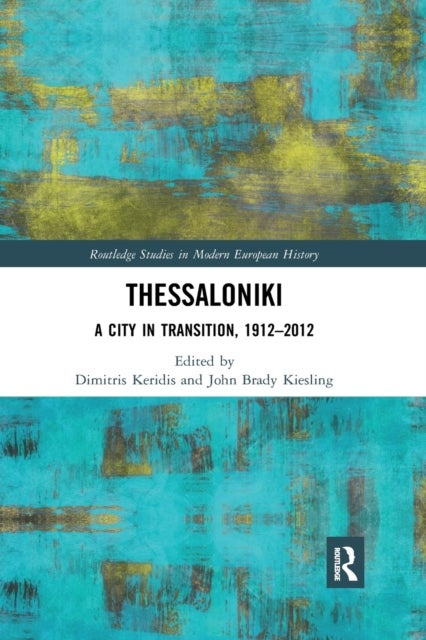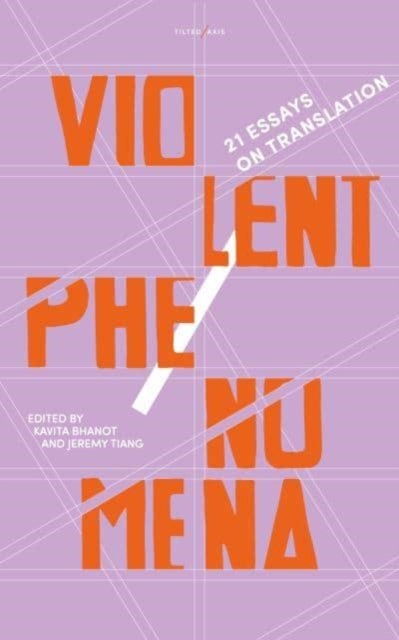
Thessaloniki
529,-
<P>This book shares the conclusions of a remarkable conference marking the centennial of Thessaloniki¿s incorporation into the Greek state in 1912. Like its Roman and Byzantine predecessors, Ottoman Salonica was the metropolis of a huge, multi-ethnic Balkan hinterland, a center of modernization/westernization, and the de facto capital of Sephardic Judaism. The powerful attraction it exerted on competing local nationalisms, including the Young Turks, gave it a paradigmatic role in the transition from imperial to national rule in southeastern Europe.</P><br/><br/><P>Twenty-three articles cover the multicultural physiognomy of a ¿Levantine¿ city. They describe the mechanisms for cultivating national consciousness (including education, journalism, the arts, archaeology, and urban planning), the relationship between national identity, religious identity, and an evolving socialist labor movement, anti-Semitism, and the practical issues of governing and assimilating diverse non-Greek populati








